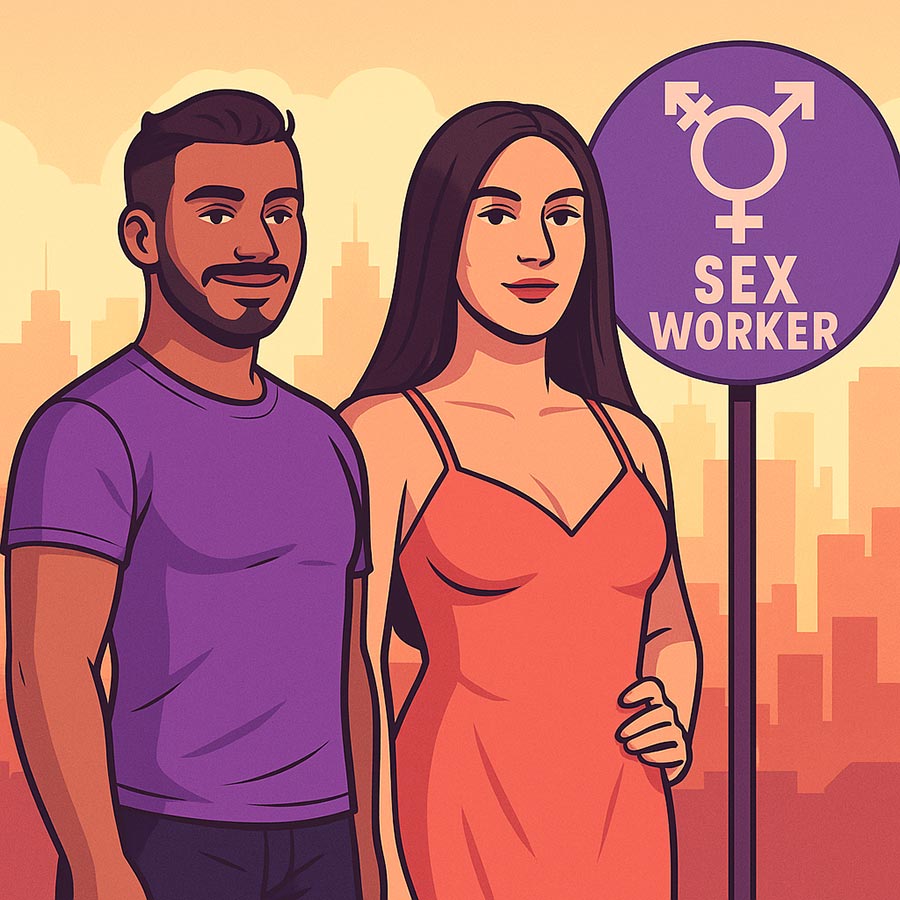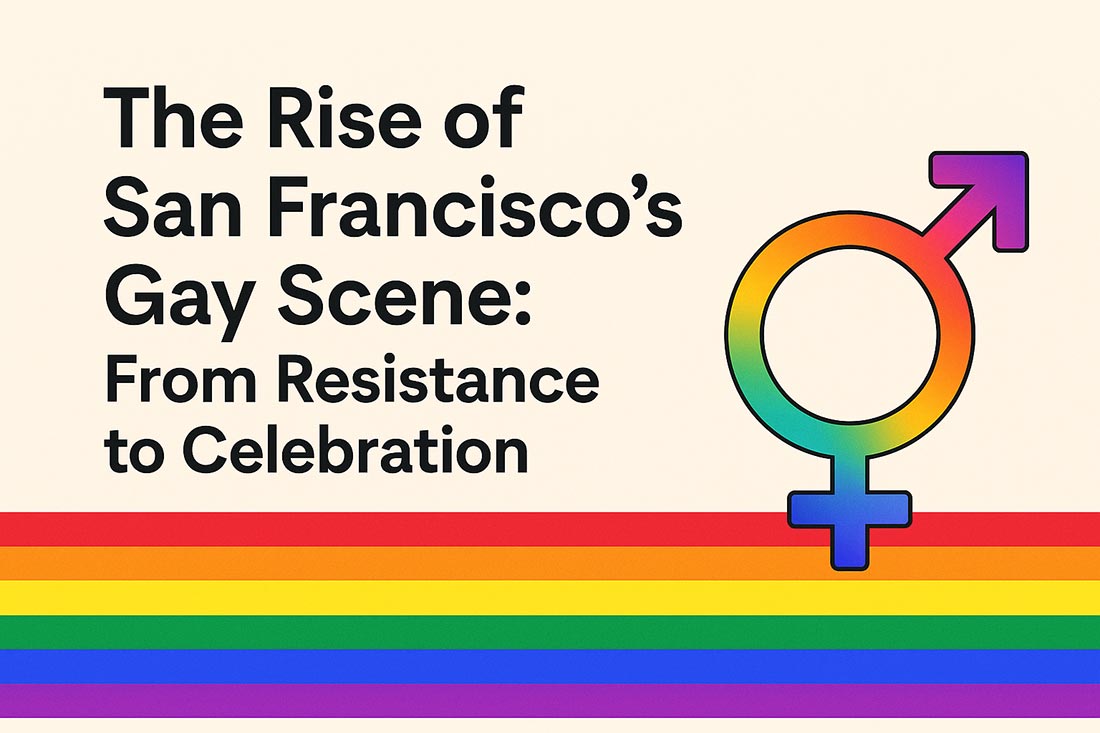Historical Stigma and Exclusion
Argentina, long considered a progressive regional leader, still presents harsh realities for transgender women (“travestis”). Studies by ATTTA and Fundación Huesped show that 88% of travestis/trans women in Buenos Aires had never held formal employment, and 70.4% relied on prostitution, often starting at or before age 18—the result of exclusion from education and economic systems.
Discrimination against LGBTQ+ people in Latin America has deep roots. A 2017 World Bank report found that LGBTQ individuals across the region face entrenched exclusion, limiting access to education, employment, health care, and civic participation. This contributes to early school dropout, unemployment, and poverty—even regardless of education level or social standing.
Uruguay tells a similar story: 67% of trans people resort to sex work, while 87% lack secondary education and only 23% participate in formal labor markets.
Street-Based Labor: High Risk, Low Pay
Historically, most trans and gay sex workers operated on the street, especially in cities like Quito, Buenos Aires, Lima, and Bogotá. These streets are sites of extreme vulnerability. Trans sex workers frequently face police violence, physical assault from clients, and legal invisibility. In Ecuador, street sex workers have documented beatings, false detentions, and pervasive disrespect by law enforcement—only curtailed when sex worker organizations mobilized for legal accountability.
Beyond physical danger, stigma heavily impacts mental health. Providers and institutions systematically marginalize sex workers. A Colombian study of cisgender women sex workers illustrates how institutional and interpersonal stigma—through policing, healthcare providers, and social alienation—erodes well-being and support systems.
Economy of Necessity — And Aspiration
Sex work in many Latin American cities is not just about economic hardship—but also aspiration. A Peruvian study found that men and travestis entered commercial sex both for survival and to attain independence, pay for education, or enjoy middle-class consumption desires. For some escorts or strippers, payment could exceed USD 100 for just a few minutes, allowing access to lifestyle markers otherwise excluded from them.
In Guatemala City, 86% of transgender women had engaged in sex work in the previous year, earning between USD 300–500 or more monthly—placing them in the same income bracket as cisgender male sex workers (~USD 312 median), higher than non‑sex workers in that sample (~USD 375).
The Rise of Digital Platforms: Not Yet a Panacea
With the advent of platforms like OnlyFans, virtual sex work seems to offer a safer, potentially more lucrative alternative. Yet Latin American access is limited. As Vice reported, many sex workers in the region lack internet access, formal banking, legal ID, or privacy—barriers that prevent participation in OnlyFans despite awareness of the platform.
When Latin American creators do succeed on OnlyFans, they can earn impressively: in wealthier contexts, some sex workers report annual revenues exceeding USD 27,000. However, the platform takes 20% fees and demands consistent content production, social media marketing, and boundaries management—exhausting labor in its own right.
Empowerment Through Autonomy and Digital Income
For those who manage to overcome barriers, online platforms offer several potential benefits:
- Autonomy: Control of content, pricing, and engagement—without reliance on pimps or unsafe street situations.
- Safety: Less exposure to violence, harassment, or exploitation in person.
- Scalability: Potential lifetime value from subscribers—not tied to physical appearance or availability.
Still, this shift is far from uniform across the continent. Many sex workers remain grounded in street-based or in-person arrangements, partly due to poverty, discrimination, or lack of infrastructure.
LGBTQ+ Inclusion & Economic Growth
Beyond the personal impact, broader inclusion of LGBTQ+ individuals—including sex workers—can benefit national economies. Studies show a positive correlation between legal recognition of LGBT rights and GDP per capita growth. Greater inclusion reduces stigma-related productivity loss and taps into underutilized talent pools.
Inclusive environments that reduce persecution and open digital and labor access can shift sex work from survivalist work to more self-managed enterprise.
Current Statistics and Emerging Trends
- In Brazil, travestis and trans women are disproportionately represented among murdered trans people—65% were sex workers in 2018, and most killings occurred in public spaces, showing the perennial risk faced by street-based workers.
- In Chile, estimates suggest about 95% of trans women have engaged in prostitution due to exclusion from formal labor, with many starting young and expressing willingness to exit sex work if better options were offered.
- Organized sex worker networks across Quito, Montevideo, Buenos Aires, and Rio are coordinating to advocate for rights, safer working conditions, and alternative economic options.
Digital Divergence: Who Gains Online?
The shift to online platforms is selective. Those who succeed tend to have (or gain):
- Access to anonymity and privacy.
- Social media skills and followings.
- Ability to open payment accounts.
- Stable housing and digital devices.
This excludes many street-based workers or migrants who lack IDs, remittance systems, or even a private room to record content. In many cases, high-end escorting remains more accessible for trans and gay individuals able to network through clubs or digital intermediaries.
High-end escorts who cater to international or wealthier clients can drastically increase incomes. And migration plays a role: trans sex workers often relocate to cities or across countries where the market is stronger—sometimes gaining 15% higher income by migrating.
Challenges Ahead
Though money is possible, profound challenges persist:
- Legal precarity: Sex work remains criminalized or unregulated in many countries, limiting labor rights or protections.
- Platform gatekeeping: OnlyFans’ requirements—like bank accounts and IDs—systematically exclude marginalized sex workers.
- Mental load: Content generation, managing boundaries, and dealing with harassment online can be emotionally draining.
- Violence and stigma: Even successful digital sex workers face offline harassment or doxxing risk, and in Latin America especially, physical violence remains a serious threat.
Conclusion: Between Empowerment and Inequality
Gay and trans sex workers in South America are navigating a powerful transition—from survival sex work driven by exclusion, to income-generating digital entrepreneurship. Platforms like OnlyFans and high-end escorting offer greater autonomy, financial reward, and safety for some. For others, however, structural barriers remain overwhelming.
Meaningful change requires:
- Legal reforms decriminalizing sex work.
- Better access to banking, IDs, and digital infrastructure.
- Education and employment opportunities for LGBTQ+ people.
- Support from sex worker collectives to build resilience and access.
Ultimately, the change is uneven but real. South American gay and trans sex workers are resisting stigma and forging new paths. For those who succeed online or in higher-end services, it is more than money—it’s agency. And their emergence is making visible the deep economic, legal, and social shifts still unfolding in the region.






Leave a Reply